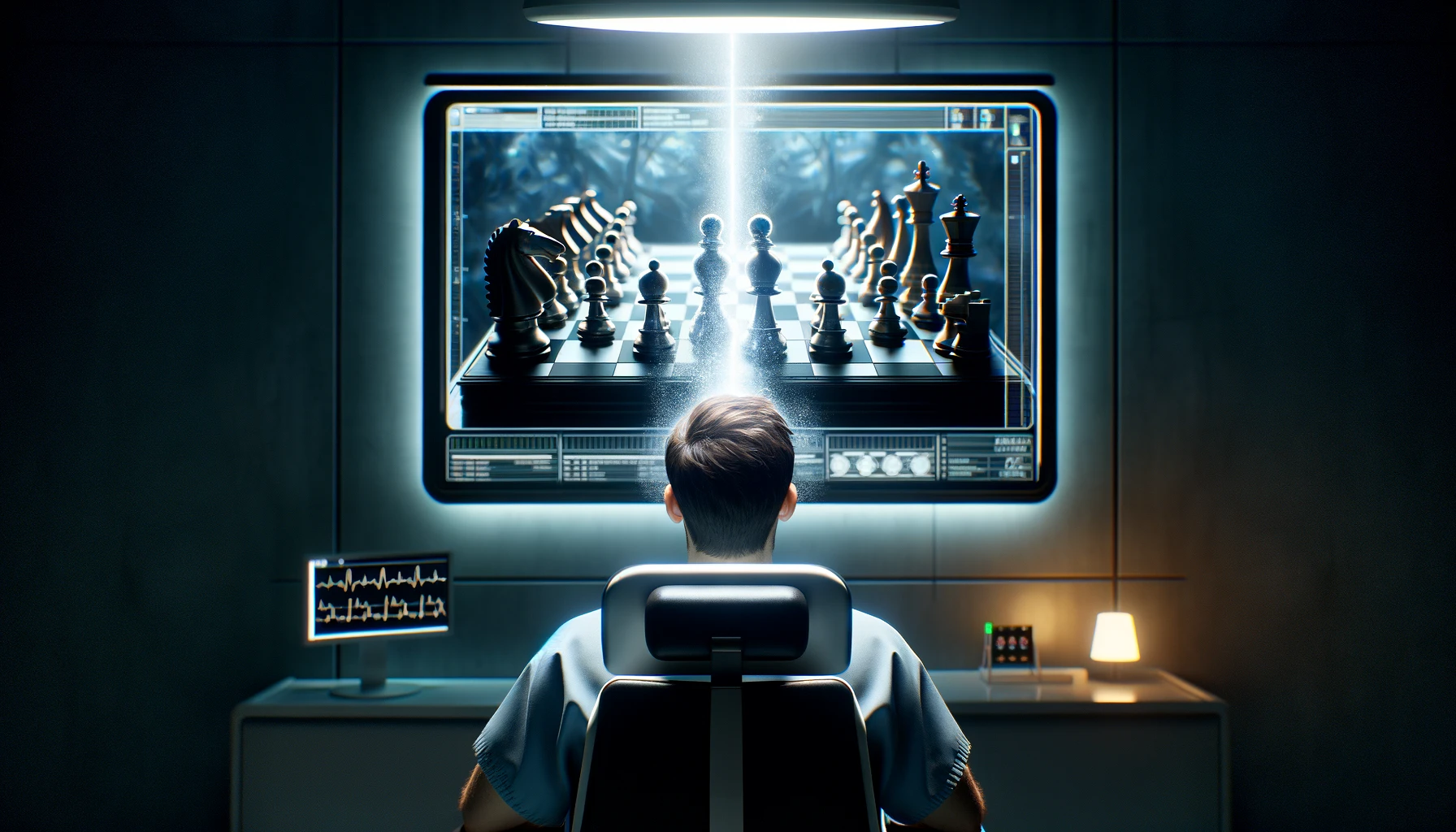
Neuralink, the brain chip startup founded by Elon Musk, has made headlines by demonstrating its latest achievement. A recent video released by the company showcases 29-year-old Noland Arbaugh, a quadriplegic patient, navigating a computer to play chess using only his thoughts, courtesy of Neuralink’s brain-computer interface (BCI) technology. This development, vividly illustrated in a livestream shared on Neuralink’s X account, marks a critical milestone for the company, confirming Musk’s long-standing promise to achieve such a feat.
Arbaugh’s life took a drastic turn following a diving accident that left him paralyzed from the shoulders down, rendering him a “complete quadriplegic.” Despite this, his determination and the innovative Neuralink chip have opened up new avenues for him. The technology, which he humorously likened to “using the Force” on his computer cursor, has enabled him to perform tasks independently that were previously out of reach, such as playing the strategy game Civilization 6 until the early hours of the morning.
The breakthrough comes after Neuralink announced its first successful human chip implantation in January, a move that followed regulatory approval by the U.S. Food and Drug Administration (FDA) in May 2023. Despite facing controversies over its testing procedures on animals and several delays in human trials, the successful implementation in Arbaugh’s case represents a significant step forward for the company and for the field of BCI technology.
Arbaugh’s journey from a Texas A&M University student to becoming the first human to benefit from Neuralink’s technology is nothing short of inspiring. Before the implant, he relied heavily on assistance for using digital devices. Now, with the chip, his biggest concern is merely waiting for the device to charge. His excitement for the future is palpable, as he jests about dressing up as Professor X for Halloween, drawing a parallel to his newfound “telekinetic” abilities.
However, it’s not all smooth sailing. While Arbaugh has experienced life-changing benefits, he candidly shared that the technology is not without its flaws, indicating that there have been “some issues” and that the chip is “not perfect.” This honest assessment underscores the pioneering nature of Neuralink’s work and the complexities involved in integrating such advanced technology with the human body.
Musk’s vision for Neuralink extends beyond gaming and daily computer use. He has hinted at the potential for the technology to bypass damaged parts of the spine, offering hope for restoring mobility to those with spinal injuries.
Despite the current limitations and challenges, Arbaugh’s story is a testament to the potential of Neuralink’s technology to transform lives. As Neuralink continues to develop and refine its BCI technology, Arbaugh remains optimistic about the future, emphasizing that while significant progress has been made, there is still a long journey ahead.
Related News:
Featured image was created with the assistance of DALL·E by ChatGPT
